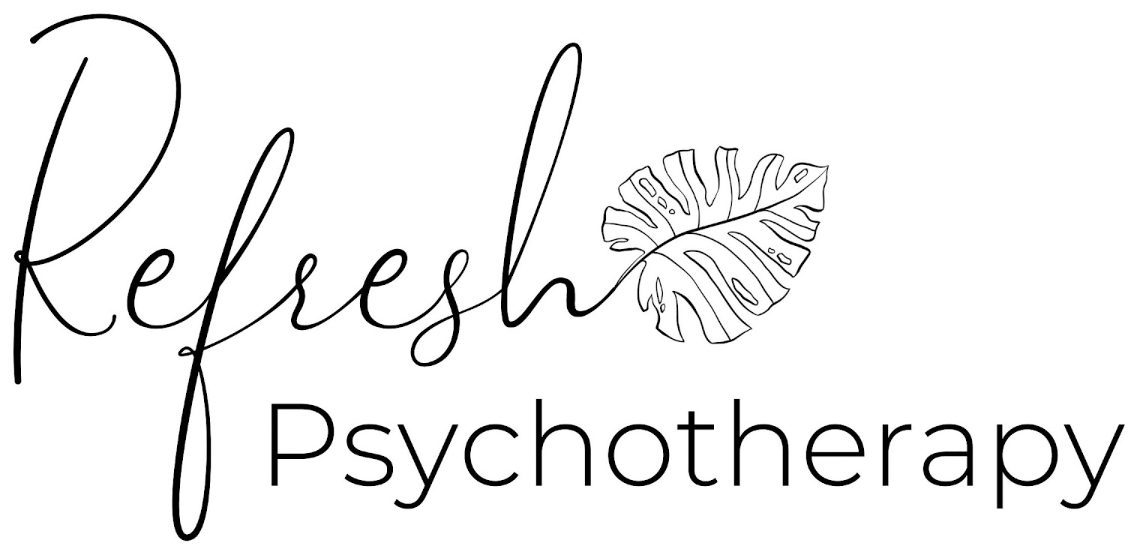
What To Do When Imposter Syndrome Creeps Into Your Professional Life
What To Do When Imposter Syndrome Creeps Into Your Professional Life
Feeling like an imposter in your job? You are not alone. Whether you just landed your first job after graduating or transitioning to a new career path or even just a new role, it can feel overwhelming and stressful to take it all on. A common hurdle many young professionals face is imposter syndrome – the nagging feeling of being inadequate despite evidence of your incredible abilities to succeed. However, there are strategies and techniques that we can use to alleviate this feeling and help become our best selves in our professional lives.
Acknowledge and Normalize Your Feelings!
First and foremost, understand that the self-doubt you are feeling is imposter syndrome, and it is a common experience. You may feel isolated in your experience, but in fact, many successful individuals have battled with feelings of being a fraud at some point in their careers. Know that you are not alone and that what you are experiencing does not have to define you.
Recognize Your Accomplishments:
You are in your position for a reason! Take moments to reflect on your achievements and the journey that led you to where you are today. Often, imposter syndrome clouds our judgment and causes us to downplay our successes and abilities. Remind yourself of the skills, knowledge, and experiences that have prepared you for your role. Reframing your mindset can help boost your confidence and remind you that you are capable of whatever you put your mind to!
Challenge Your Thoughts:
Imposter syndrome often manifests as negative thoughts and self-talk. It’s crucial to recognize that and challenge it when it begins to creep in. Acknowledge the thoughts and why they are coming up for you, and then remember the evidence that opposes these thoughts: your strengths, achievements, and positive feedback you have received.
Seek Support and Guidance:
Don’t hesitate to seek support from your friends, family, or mentors when imposter syndrome comes up. It is likely that they have experienced this themselves, and they may be able to give you a fresh perspective, reassurance, and advice for how to move forward.
Set Realistic Goals:
Setting realistic goals is essential in managing imposter syndrome. Break down your objectives into smaller, more attainable tasks. This will help make them feel less overwhelming and you more confident in achieving them. Remember to celebrate each milestone too! Celebrating your progress reinforces your self-belief and reminds you that you are capable of reaching your goals.
Prioritize Self-Care:
Taking care of your well-being – physically, emotionally, and mentally – is crucial in combating imposter syndrome. Make sure to engage in activities that bring you joy and peace. This can include exercise, meditation, your favorite hobbies, spending time with friends, etc. Utilizing self-care helps reduce stress, maintain a healthy work-life balance, and fosters a positive mindset that ultimately helps overcome imposter syndrome.
Utilize Therapy as a Resource:
Therapy provides a safe and supportive space to explore and address the underlying causes of imposter syndrome. A therapist can help you develop effective coping strategies, build self-confidence, and navigate the challenges of your professional life.
Embarking on a professional journey as a young adult can be both exciting and daunting. We at Refresh are here to help you through it, tailoring our work to your specific needs. Remember: you are capable, deserving, and on the right path towards your professional goals.
If this resonated with you, feel free to reach out to any of our wonderful clinicians today.
Written by Isabel Golan
